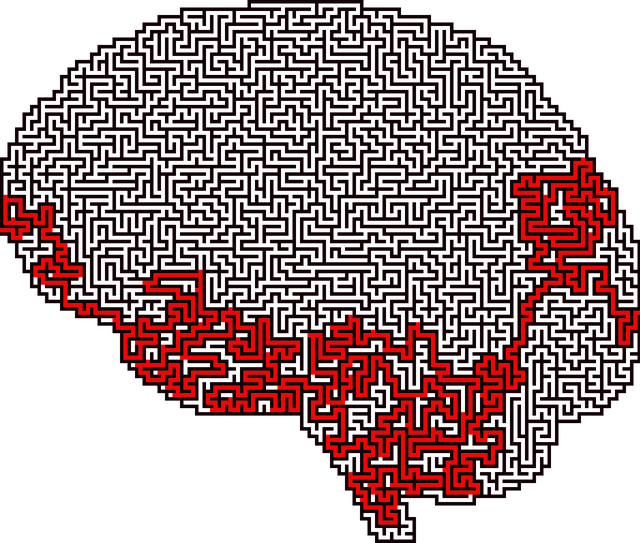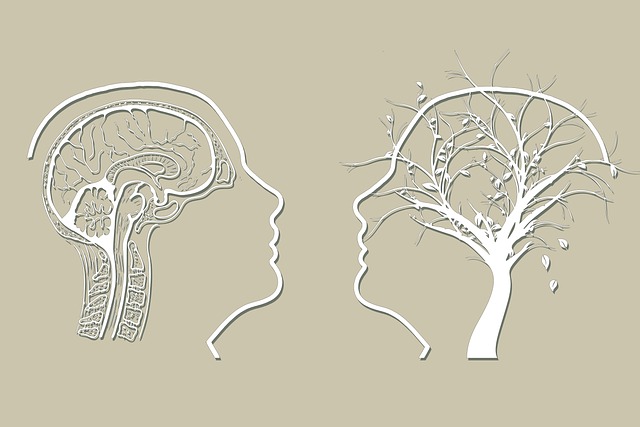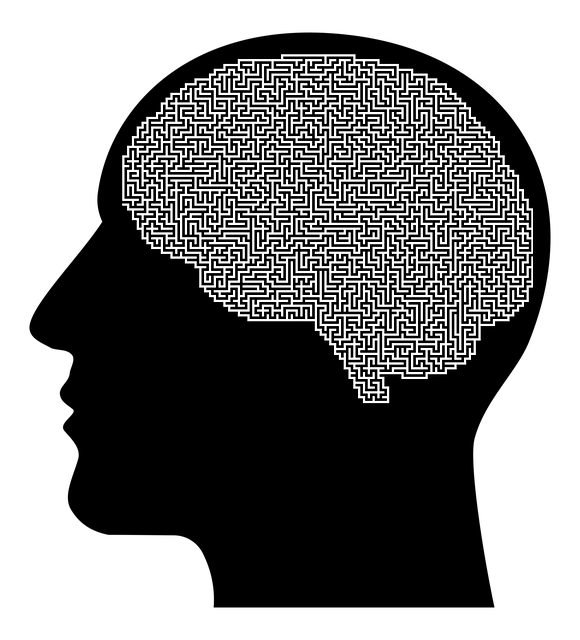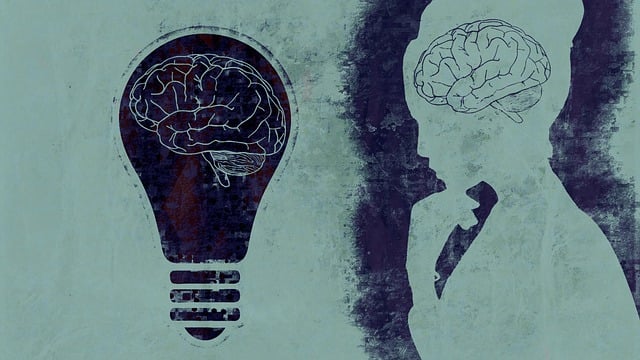Greenwood Village Terminal Illness Therapy prioritizes resilience as a key component of mental healthcare, using the RFM (Recollect, Face, Master) model for a holistic approach. This model helps patients process traumatic memories, confront fears, and adopt new coping strategies with cultural sensitivity. By fostering self-esteem and community support systems, it empowers individuals to navigate their illness with control and confidence. The therapy includes exercises focusing on emotional intelligence, mental wellness, physical activity, goal setting, and coaching, measuring success through surveys, feedback, and observations for continuous refinement.
Resilience is a critical component of managing terminal illnesses, and the RFM (Resilience, Flexibility, and Mastery) model offers a structured approach to enhancing patients’ coping mechanisms. This article explores the integration of RFM into terminal illness therapy, drawing on the innovative practices of Greenwood Village Terminal Illness Therapy. We’ll delve into their holistic model, practical resilience-building exercises, and methods for measuring success, providing insights that can improve patient outcomes in challenging healthcare settings.
- Understanding RFM and Its Relevance in Terminal Illness Therapy
- Greenwood Village Approach: A Holistic Model for Resilience
- Implementing Resilience-Building Exercises: Practical Strategies
- Measuring Success and Long-Term Impact on Patient Outcomes
Understanding RFM and Its Relevance in Terminal Illness Therapy

Resilience is a vital aspect of mental healthcare, especially when addressing terminal illnesses. The RFM (Recollect, Face, Master) model offers a structured approach to enhance resilience and cope with challenging situations. This framework has gained prominence in Greenwood Village Terminal Illness Therapy, where professionals aim to support individuals facing life’s most difficult challenges.
By utilizing the RFM technique, therapists help patients navigate through traumatic experiences by encouraging them to recall and process memories, face their fears, and master new coping strategies. This holistic approach considers cultural sensitivity in mental healthcare practice, recognizing that every individual brings unique experiences and perspectives to therapy. Moreover, it promotes self-esteem improvement as clients build strength and confidence in managing their illness, fostering a sense of control and empowerment within the community. Community outreach program implementation is also facilitated by this model, as it encourages support systems and networks to play an active role in the healing process.
Greenwood Village Approach: A Holistic Model for Resilience

The Greenwood Village Approach to Resilience Building offers a holistic model that caters to individuals navigating challenging life circumstances, including those facing terminal illnesses. This therapeutic framework recognizes that resilience is not solely about overcoming adversity but also about cultivating emotional intelligence and fostering mental wellness. By integrating various exercises and techniques, this approach aims to empower individuals to build resilience through self-awareness, coping strategies, and supportive communities.
In the context of Greenwood Village Terminal Illness Therapy, emotional intelligence becomes a cornerstone in the journey towards resilience. The Mental Wellness Podcast Series Production highlights the importance of understanding and managing emotions, especially during stressful periods. This involves risk assessment for mental health professionals to ensure safe and effective support. Through these initiatives, the holistic model addresses multiple facets of an individual’s well-being, ultimately enhancing their capacity to cope with and bounce back from life’s challenges.
Implementing Resilience-Building Exercises: Practical Strategies

Implementing resilience-building exercises is a proactive approach to enhancing mental wellness and fostering a sense of empowerment. At Greenwood Village Terminal Illness Therapy, we understand that life’s challenges can be overwhelming, and building resilience is a crucial skill to navigate these difficulties. Our therapists suggest incorporating practical strategies into daily routines to develop this strength.
One effective method is engaging in regular physical activity, as exercise releases endorphins, which boost mood and reduce stress. Additionally, setting small achievable goals and celebrating successes can instill a sense of accomplishment. Mental wellness coaching programs can provide structured guidance, teaching individuals to reframe negative thoughts and cultivate a growth mindset—a key component of resilience. These strategies collectively contribute to an individual’s overall well-being, enabling them to confront life’s curveballs with adaptability and fortitude.
Measuring Success and Long-Term Impact on Patient Outcomes

Measuring the success of Resilience Building exercises is a multifaceted endeavor tailored to the unique needs of patients at Greenwood Village Terminal Illness Therapy. While immediate improvements in mood and stress reduction methods are often observable, true measure lies in long-term impact on patient outcomes. We employ quantitative tools such as pre-post surveys and qualitative approaches including patient feedback and clinical observations to gauge the effectiveness of our programs.
Through these assessments, we track progress in compassion cultivation practices, gauging how patients internalize resilience building techniques over time. This data is instrumental in refining our therapeutic strategies, ensuring they remain responsive to evolving needs of our clientele. Ultimately, our commitment is to empower individuals with lasting coping mechanisms that enhance their quality of life and emotional well-being, reflecting the core principles of compassionate care at Greenwood Village Terminal Illness Therapy.
The implementation of RFM and resilience building exercises, as exemplified by the Greenwood Village Approach in terminal illness therapy, offers a promising path toward enhancing patient outcomes. By integrating holistic models that focus on the individual’s psychological and emotional well-being, care providers can foster resilience and improve quality of life for patients facing daunting challenges. This strategic approach, supported by practical strategies and measurable outcomes, positions Greenwood Village Terminal Illness Therapy as a leader in compassionate, effective end-of-life care.












